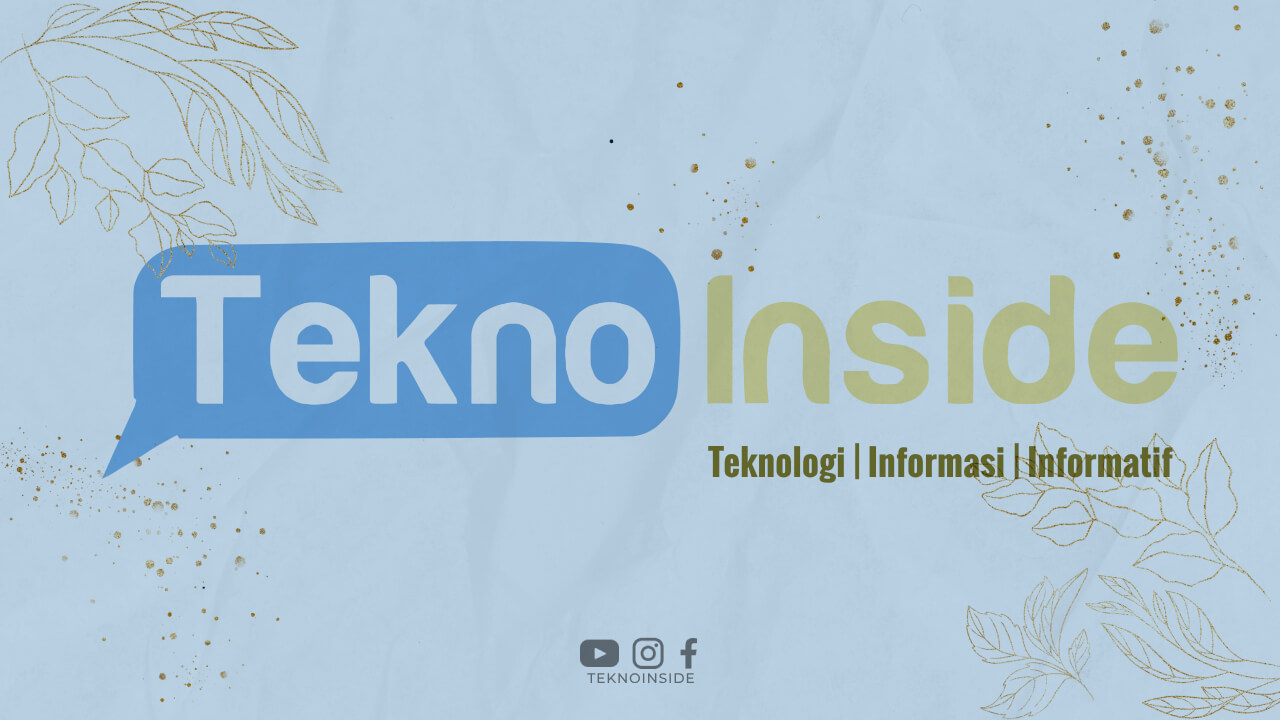Entertainment marketing has undergone a significant transformation with the advent of the internet. In the digital age, the internet has become an integral part of our daily lives, revolutionizing various industries, including entertainment. The internet has not only changed the way we consume entertainment but has also had a profound impact on how it is marketed and promoted. Let’s delve into how the internet has transformed entertainment marketing.
The Rise of Social Media
Social media platforms have emerged as powerful tools for entertainment marketing. With billions of active users, platforms like Facebook, Instagram, Twitter, and YouTube provide an unprecedented opportunity for entertainment companies to connect with their target audience. These platforms allow marketers to share trailers, behind-the-scenes footage, and exclusive content directly with fans. This direct interaction has created a more personalized and engaging experience for consumers.
Moreover, social media platforms enable entertainment marketers to leverage user-generated content. Fans can now share their experiences, reviews, and recommendations, which can greatly influence others’ entertainment choices. This word-of-mouth promotion has become a crucial aspect of entertainment marketing, and the internet has made it easier to amplify such organic promotion.
Targeted Advertising
The internet has revolutionized advertising by allowing for highly targeted campaigns. With the help of data analytics and user profiling, entertainment marketers can now reach their desired audience more effectively. Platforms like Google AdWords and Facebook Ads enable marketers to segment the audience based on demographics, interests, and online behavior. This targeted approach ensures that marketing efforts are focused on those most likely to be interested in a particular form of entertainment.
Additionally, digital advertising offers better tracking and measurement capabilities. Marketers can analyze the performance of their campaigns in real-time, making it easier to optimize and refine strategies. This data-driven approach has significantly enhanced the effectiveness and efficiency of entertainment marketing.
Increased Accessibility
The internet has made entertainment more accessible than ever before. With streaming services like Netflix, Hulu, and Amazon Prime Video, consumers can now enjoy a vast library of movies, TV shows, and documentaries anytime, anywhere. This increased accessibility has not only altered the way we consume entertainment but has also opened up new avenues for marketing.
Streaming platforms have their own algorithms and recommendation systems that suggest content based on users’ preferences and viewing history. This personalized approach allows entertainment marketers to target specific audiences with tailored recommendations. Furthermore, these platforms often produce their own original content, providing marketers with additional opportunities for collaboration and product placement.
Direct-to-Consumer Marketing
The internet has given rise to direct-to-consumer marketing strategies in the entertainment industry. Traditionally, studios and production companies relied heavily on intermediaries like distributors and retailers to reach their audience. However, with the rise of digital platforms, entertainment companies can now directly connect with consumers.
For example, musicians can now release their music on platforms like Spotify and Apple Music without the need for a record label. Filmmakers can distribute their films through video-on-demand services like Vimeo or even self-publish on YouTube. This direct-to-consumer approach allows artists and creators to have more control over their content and build a loyal fan base.
Engagement and Fan Interaction
The internet has facilitated unparalleled engagement and interaction between entertainment brands and their fans. Artists, actors, and musicians can now interact directly with their audience through social media, live streams, and online events. This direct engagement not only builds a stronger connection but also helps in creating brand loyalty and advocacy.
Entertainment marketers can also leverage fan communities and online forums to create buzz and generate excitement around upcoming releases. By nurturing these communities, marketers can tap into the passion and enthusiasm of fans to drive word-of-mouth promotion and create a sense of belonging.
Conclusion
The internet has undeniably revolutionized entertainment marketing. It has provided new avenues for promotion, facilitated direct interaction with fans, and enabled highly targeted advertising campaigns. As technology continues to evolve, the impact of the internet on entertainment marketing will only grow stronger. It is crucial for entertainment companies to embrace these changes and adapt their marketing strategies to leverage the vast opportunities offered by the digital age.

